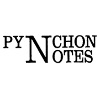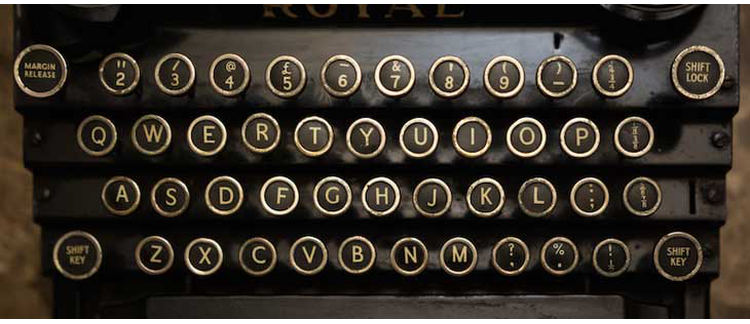Abstract
I wondered if the disassembly of the Bad Priest might not go on, and on, into evening. Surely her arms and breasts could be detached; the skin of her legs be peeled away to reveal some intricate understructure of silver openwork. Perhaps the trunk itself contained other wonders: intestines of parti-coloured silk, gay balloon-lungs, a rococo heart. But the sirens started up then. The children dispersed bearing away their new-found treasures, and the abdominal wound made by the bayonet was doing its work. I lay prone under a hostile sky looking down for moments more at what the children had left; suffering Christ foreshortened on the bare skull, one eye and one socket, staring up at me: a dark hole for the mouth, stumps at the bottoms of the legs. And the blood which had formed a black sash across the waist, flowing down both sides from the navel.
How to Cite:
Aso, T., (2003) “Pynchon's Alternative Ethics of Writing in V.: The Problem of Authorship in the "Confessions of Fausto Maijstral"”, Pynchon Notes , 7-22. doi: https://doi.org/10.16995/pn.49
Downloads:
Download PDF

